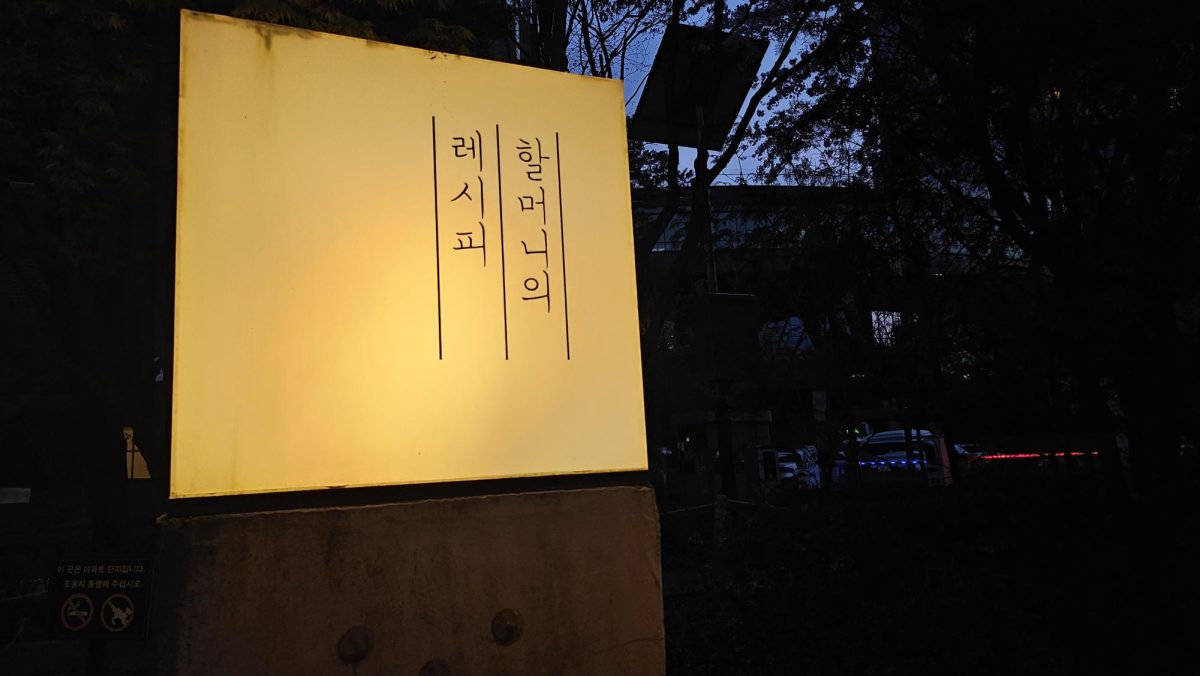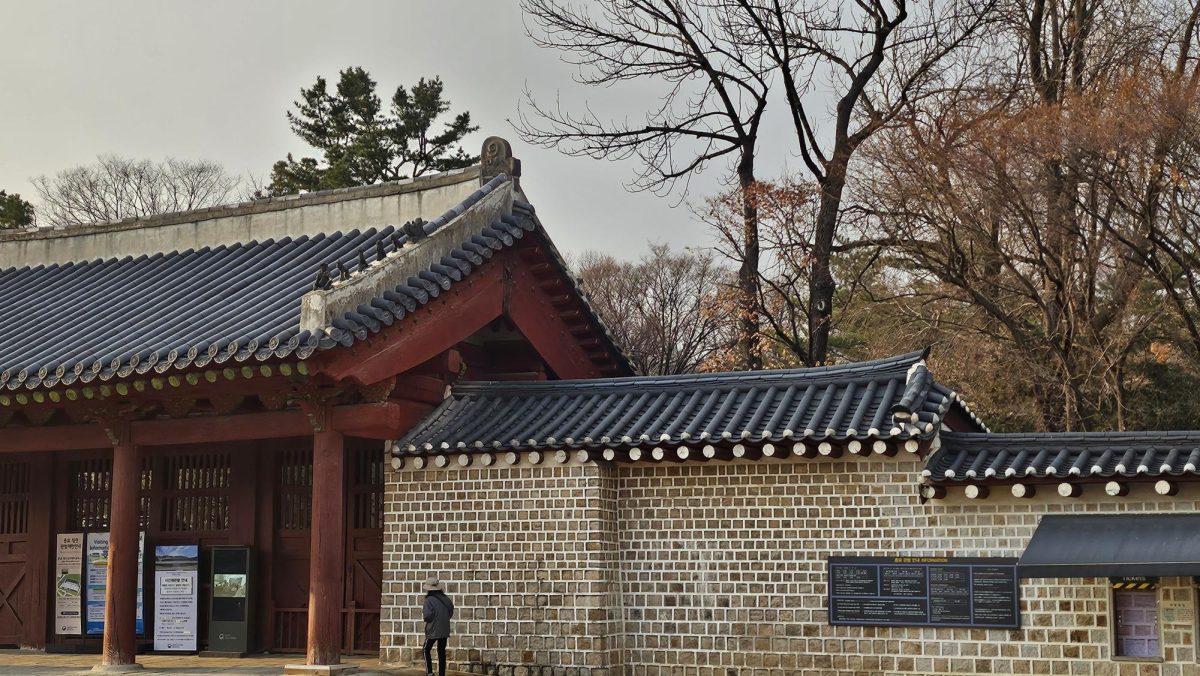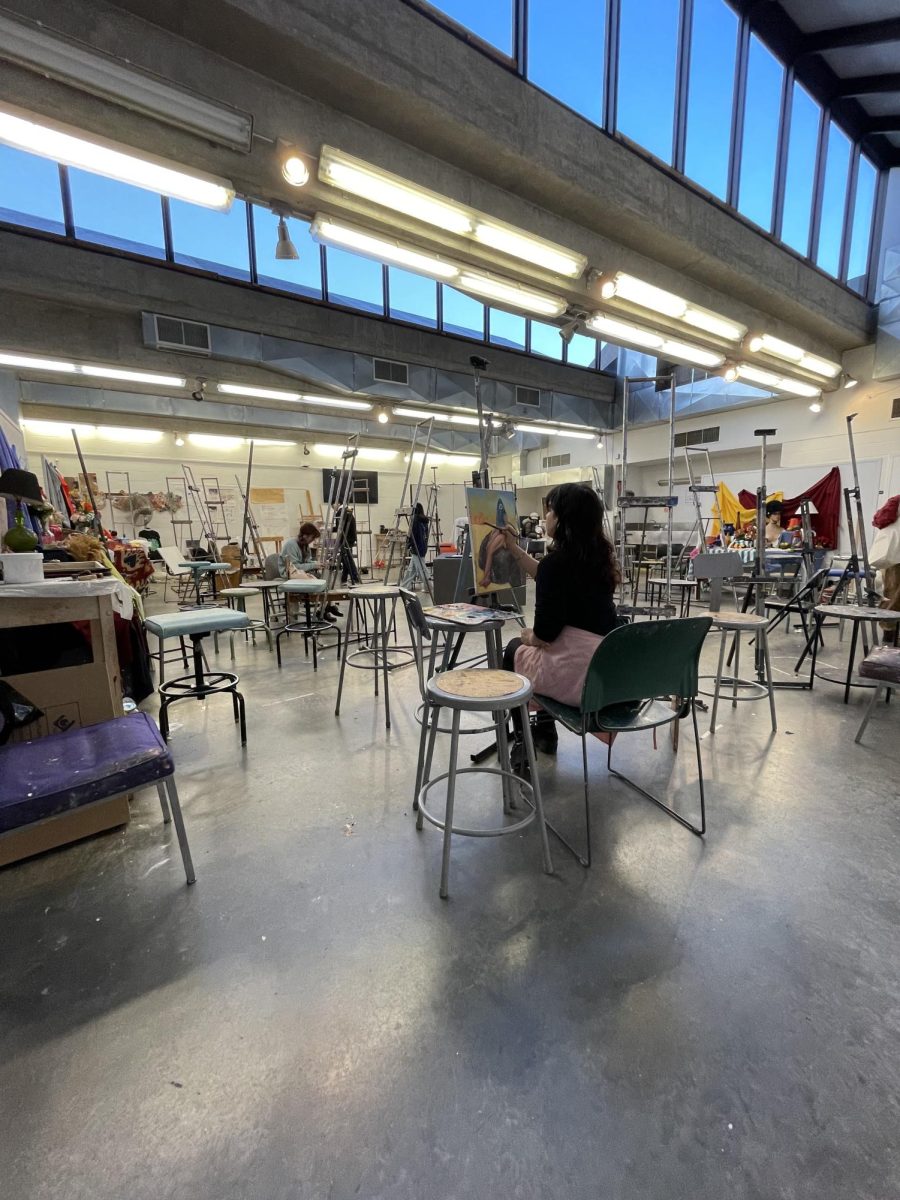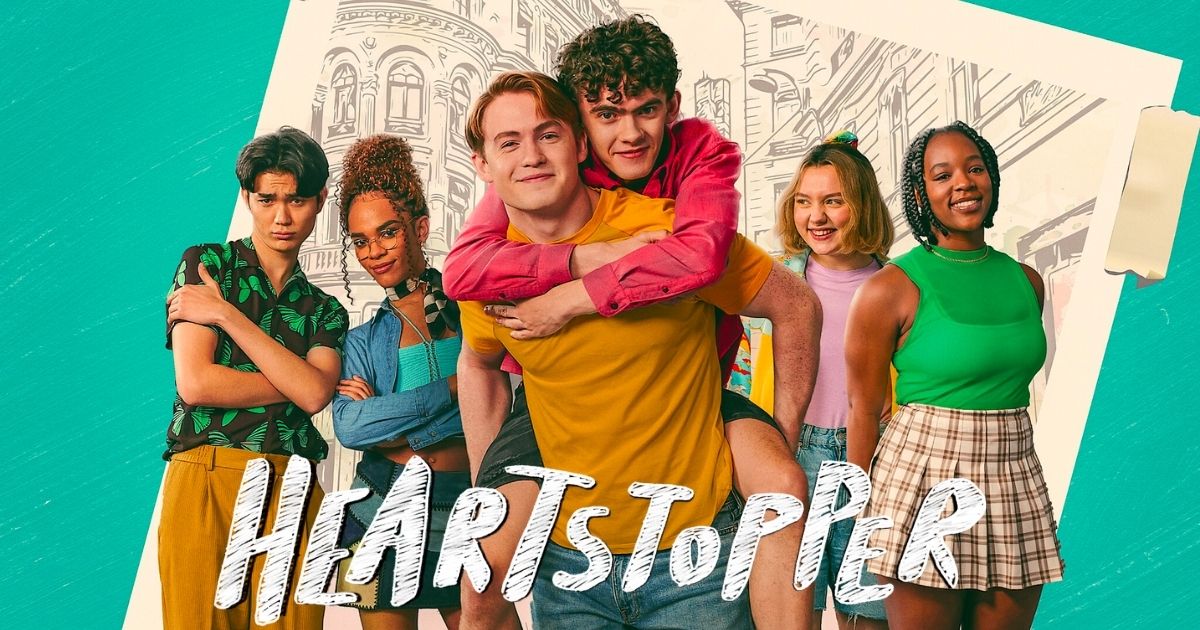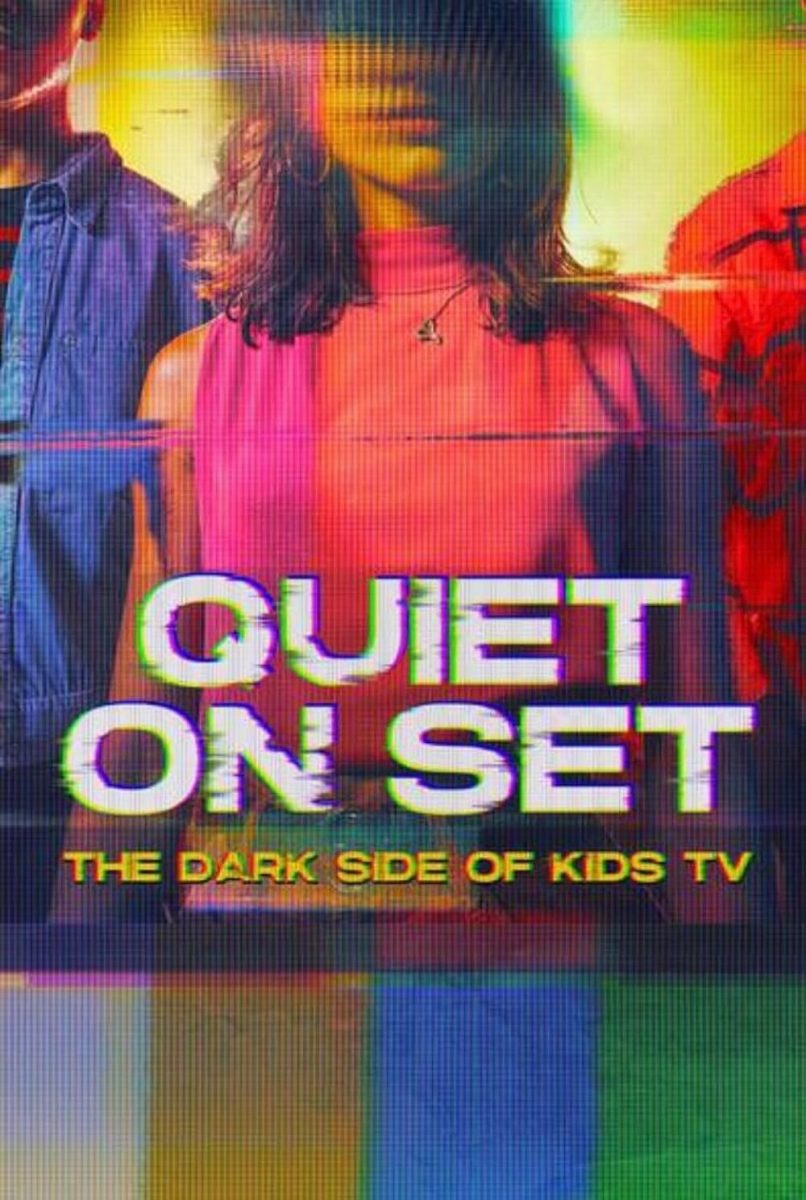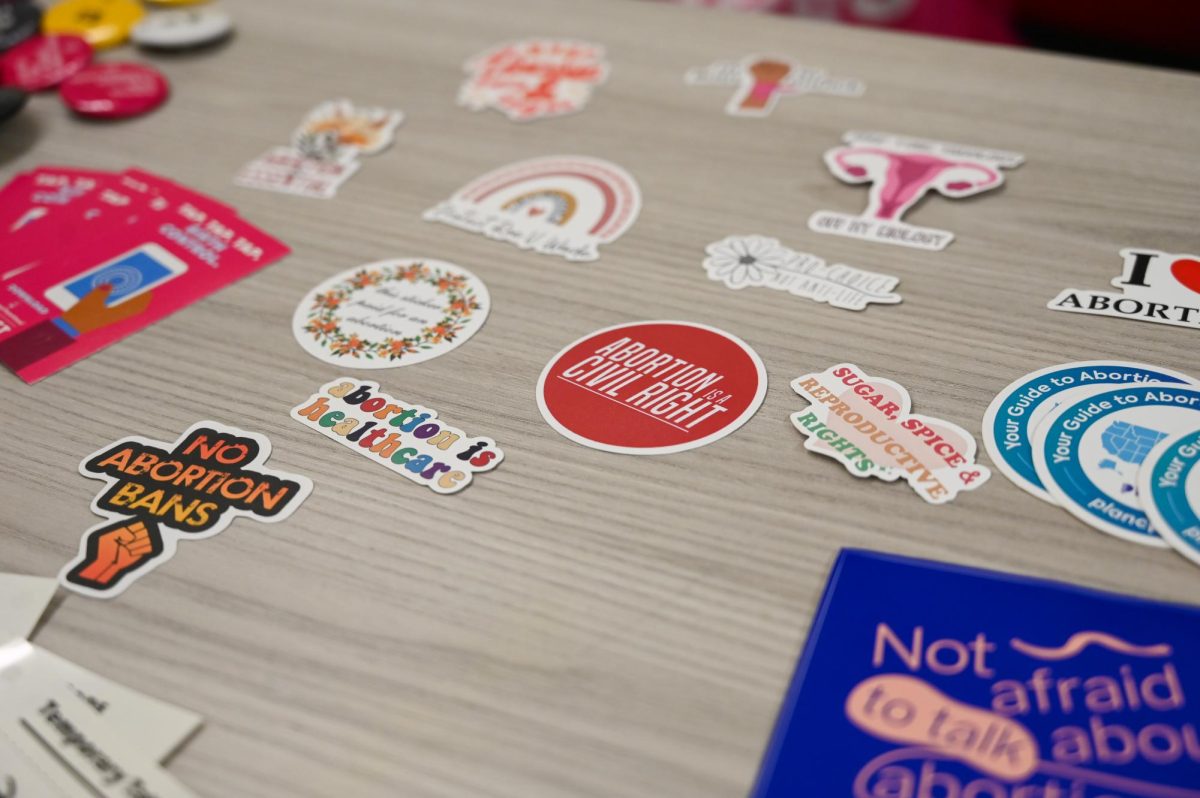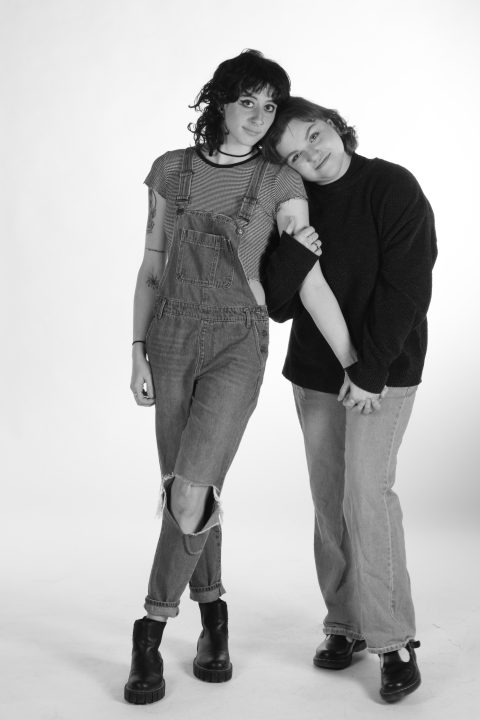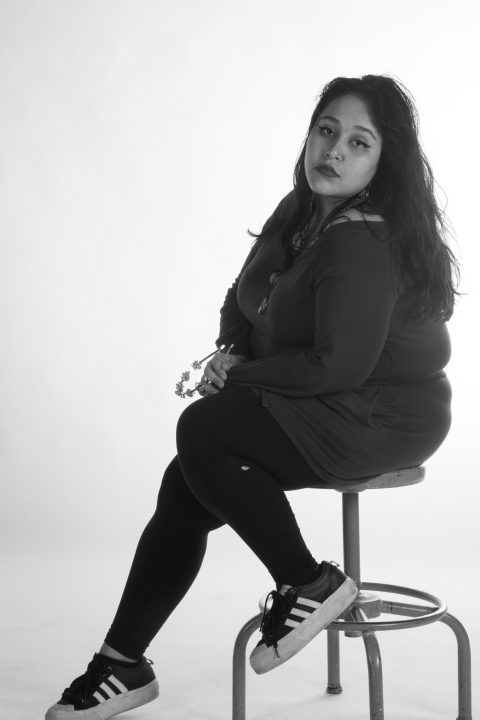
In recent years, there has been a trend of increased representation of LGBTQ+ relationships in Korean dramas, or K-dramas. South Korea is traditionally an extremely conservative country, but this trend may be showing a shift in attitudes toward the queer community.
Media and entertainment play a unique factor in shaping public opinion, especially when it comes to the perception of marginalized groups. When LGBTQ+ stories in visual media have tragic endings or promulgate stereotypes, they perpetuate the idea that queer relationships are inherently wrong or lesser than those of cisgender heterosexuals, or cishets.
In South Korea, being LGBTQ+ is still perceived as unnatural or as a disability. Mental illness is even considered to be a sin in some communities. While homosexuality is not criminalized in Korea, there is widespread discrimination against the community. Many queer Koreans are subjected to job loss, social ostracization and even violence if they are outed. In an acceptance scale survey of LGBTQ+ people, Korean citizens scored a three out of 10, which is two points below the Organization for Economic Co-operation and Development (OECD) average.
Yet, there is some change happening in South Korea. Up until 2004, it was illegal to depict homosexuality in South Korean media due to concerns that it could negatively influence young people. However, the National Human Rights Commission of Korea lifted this ban, arguing that it violated the constitutional principles of equal rights and freedom of expression. The ban was lifted because of their efforts, and has resulted in increased inclusion of the queer community in Korean media.
More K-dramas are beginning to include storylines featuring LGBTQ+ relationships in a positive and wholesome way. This new representation can help to reduce discrimination because it portrays the community as multidimensional individuals with complex emotions and experiences rather than a stereotype or a sin.
“Nevertheless,” released in 2021, is one of the dramas that has joined the “fledgling movement” of LGBTQ+ representation in South Korean media, along with popular dramas like “Run On.”
The lesbian relationship between “Nevertheless” characters Sol and Jiwan is depicted in a nuanced and natural way that shows both the challenges and joys of falling in love. Sol has had a crush on Jiwan, her best friend since middle school, yet she lived in an agonizing silence in order to keep their bond. When Sol eventually confesses to Jiwan, she immediately follows up with an apology.
Her apology might seem to not have any significant meaning, but it does. The apology conveys the fear of confessing to another woman and reminds her that she is a sexual minority who is “plagued” with the idea that her friend will never like her back. It’s a realistic portrayal of a queer person’s multifaceted experience.
Throughout the entire drama, the audience sees how the pair’s love flourishes and the wave of encouragement they receive from their mutual friend group. By depicting their relationship as based on mutual respect, as well as communication and consent, the drama promotes the idea that LGBTQ+ relationships are just as valid and healthy as heterosexual relationships. Sol and Jiwan’s story is heartwarming and explores what it means to be in a loving queer relationship.
“Nevertheless” has been praised and received global attention for its positive representation of a lesbian relationship, as well as its role in helping to promote greater understanding and acceptance of the LGBTQ+ community in Korea. The drama has sparked numerous discussions on social media and in the press, which have helped to increase the visibility and awareness of LGBTQ+ issues in the country.
The good news is that “Nevertheless” isn’t the only recently released K-drama that includes LGBTQ+ love.
Also released in 2021, the drama “Mine” reached such popularity that it took first place in viewership for its time slot across all televised channels, including public broadcast networks. Seo Hyun Jung, the main lead, is forced to marry her husband — who is from a “chaebol” family — while she is still in love with her ex-girlfriend, Suzy Choi. A “chaebol” is the term to describe a family that runs a large business enterprise which can be a monopoly and is part of the top 1% of wealth.
“I chose the drama because it was a romance. Rather than a story about sexual minorities, it was a story about love,” Seo Hyung Kim, the actress who plays Jung, said in an interview with Soompi.
Even though Choi and Jung have been separated for many years, they both hold on to the love and memory of their relationship.
Choi and Jung’s tormented love story stands out in the drama’s romantic plotline because it shows lesbian love in a respectful, emotional manner that can even resonate with a conservative Korean audience.
The drama reflects the difficulties that many LGBTQ+ individuals face in expressing their love openly in Korea. In the drama, Jung needs to hide her love story and undergo a personal journey in order to come to terms with her identity, which underscores the challenges that many LGBTQ+ individuals face in a country where conservative attitudes still prevail.
While the 2020 drama “Run On” does not feature an LGBTQ+ relationship, it conveys underlying messages of love without discrimination and gender sensitivity. One of the supporting characters, Ye-jun Go, comes out as gay and attempts to justify his sexuality to his mother; the leading role, Dan-ah Seo, simply accepts him as he is. The show embraces gender identity and opens the discussion that Korean society needs to change its attitude towards the queer community.
It’s not all sunshine and rainbows. Some dramas include characters of LGBTQ+ backgrounds, but do so inaccurately and continue to perpetuate stereotypes.
“Squid Game” quickly became Netflix’s most popular show of all time, reaching 1.6 billion hours of streaming within a month of its release. Despite the show’s immense popularity, it was also heavily criticized for its homophobic representation of the queer community.
Throughout the show, the “VIPs” are depicted as wealthy, powerful individuals who engage in sadistic games and sexual activities with each other. Beyond that framing, the openly gay VIP character does not have any other dimension or depth in their personality. The gay VIP leads the male protagonist, Jun-ho Hwang, to a back room and attempts to sexually assault him. Even though Hwang was able to escape, this portrayal reinforces harmful stereotypes of the LGBTQ+ community as deviant and immoral, suggesting that their identities are inherently linked to their sexual behavior.
As the influence of K-dramas continues to grow throughout the world, it is ever more crucial that there are socially conscious producers who can support the LGBTQ+ advocacy groups present in Korea to help create a more inclusive media landscape.
These accurate representations of queerness have led to greater visibility and awareness of LGBTQ+ issues in South Korean society, sparking important discussions about acceptance and equality. This may have contributed to the landmark ruling, in which a South Korean court ruled in favor of a gay couple’s right to receive the same martial legal benefits as an opposite-sex couple.
While there is still a long way to go in terms of achieving full equality and acceptance for the community, showcasing authentic representation of queer love in popular media is a positive step forward that could pave the way for further progress.











